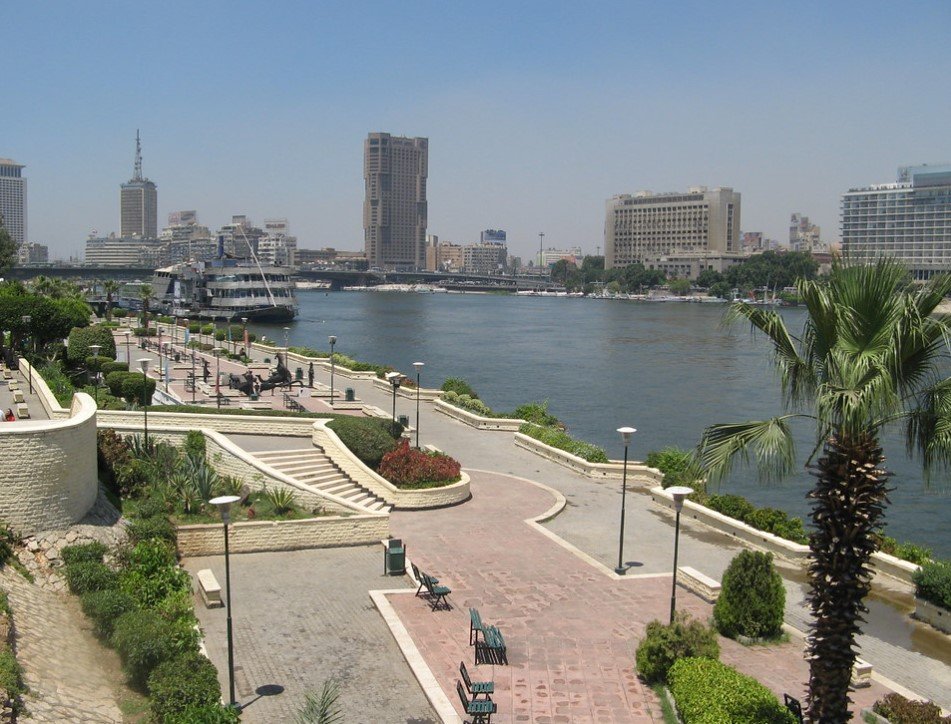Egypt is bracing for a significant rise in temperatures this Thursday, with Cairo expected to hit 30°C. The Egyptian Meteorological Authority (EMA) has issued warnings about the upcoming heatwave, which will affect various regions across the country. This surge in temperature is part of a broader pattern of hot weather that has been impacting the region, causing concerns among residents and authorities alike. The heatwave is expected to bring very hot conditions during the day, particularly in Cairo, Lower Egypt, South Sinai, and the southern parts of the country.

Rising Temperatures Across Egypt
The EMA has forecasted that temperatures will soar across Egypt, with Cairo experiencing highs of 30°C. This increase is part of a broader trend of rising temperatures that have been observed in recent weeks. The hot weather is expected to persist throughout the day, with little relief in sight. Residents are advised to take necessary precautions to stay cool and hydrated during this period. The heatwave is not only confined to Cairo but will also affect other regions, including Lower Egypt and South Sinai.
The impact of the heatwave is expected to be felt most acutely in urban areas, where the concentration of buildings and infrastructure can exacerbate the effects of high temperatures. Authorities are urging people to avoid outdoor activities during peak hours and to seek shelter in air-conditioned environments whenever possible. The EMA has also advised residents to stay informed about the latest weather updates and to follow any instructions issued by local authorities.
In addition to the immediate health risks posed by the heatwave, there are also concerns about the potential impact on the environment. High temperatures can lead to increased evaporation rates, which can strain water resources and affect agricultural productivity. The EMA is closely monitoring the situation and will provide updates as necessary.
Health Precautions and Safety Measures
With the heatwave expected to bring very hot conditions, it is crucial for residents to take appropriate health precautions. The EMA has issued guidelines to help people stay safe during this period of extreme heat. These include staying indoors during the hottest parts of the day, wearing lightweight and loose-fitting clothing, and drinking plenty of water to stay hydrated. It is also important to avoid strenuous activities and to take frequent breaks if working outdoors.
The health risks associated with high temperatures are particularly significant for vulnerable populations, such as the elderly, young children, and those with pre-existing health conditions. These groups are advised to take extra precautions to protect themselves from the heat. In addition to staying cool and hydrated, it is also important to be aware of the signs of heat-related illnesses, such as heat exhaustion and heat stroke. Symptoms can include dizziness, nausea, headache, and rapid heartbeat. If any of these symptoms are experienced, it is important to seek medical attention immediately.
Local authorities are also taking steps to mitigate the impact of the heatwave. This includes setting up cooling centers in various parts of the city, where residents can go to escape the heat. These centers are equipped with air conditioning and provide a safe and comfortable environment for those in need. The EMA is also working closely with other government agencies to ensure that emergency services are prepared to respond to any heat-related incidents.
Environmental Impact and Long-Term Concerns
The heatwave in Egypt is not only a short-term weather event but also raises long-term concerns about climate change and its impact on the region. Rising temperatures and extreme weather events are becoming more frequent, posing significant challenges for both the environment and human health. The current heatwave is a stark reminder of the need for comprehensive strategies to address climate change and to build resilience against its effects.
One of the key concerns is the impact of high temperatures on water resources. Increased evaporation rates can lead to reduced water availability, which can have serious implications for agriculture and food security. In a country like Egypt, where water resources are already limited, this can exacerbate existing challenges and create new ones. It is essential for policymakers to consider these factors when developing strategies to manage water resources and to ensure sustainable agricultural practices.
Another important aspect is the need for public awareness and education about the risks associated with extreme heat. This includes understanding the health risks, knowing how to stay safe, and being aware of the broader environmental implications. Public awareness campaigns can play a crucial role in helping people to adapt to changing weather patterns and to take proactive measures to protect themselves and their communities.
